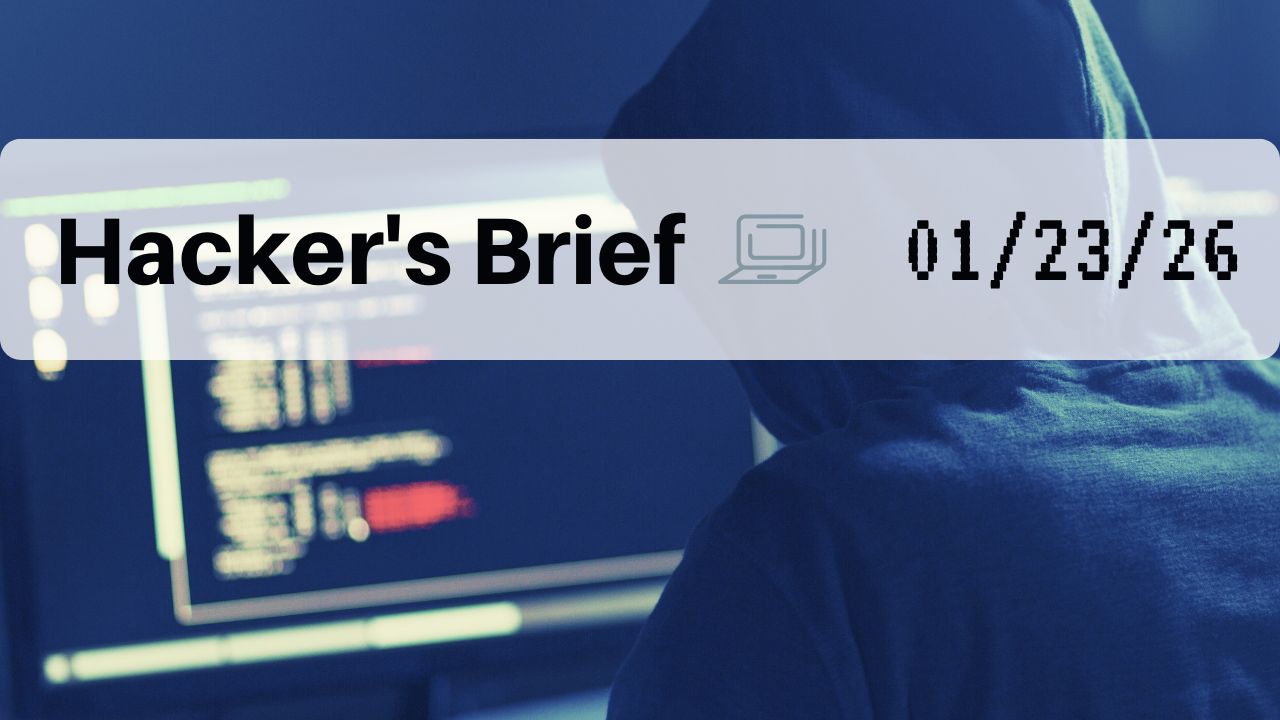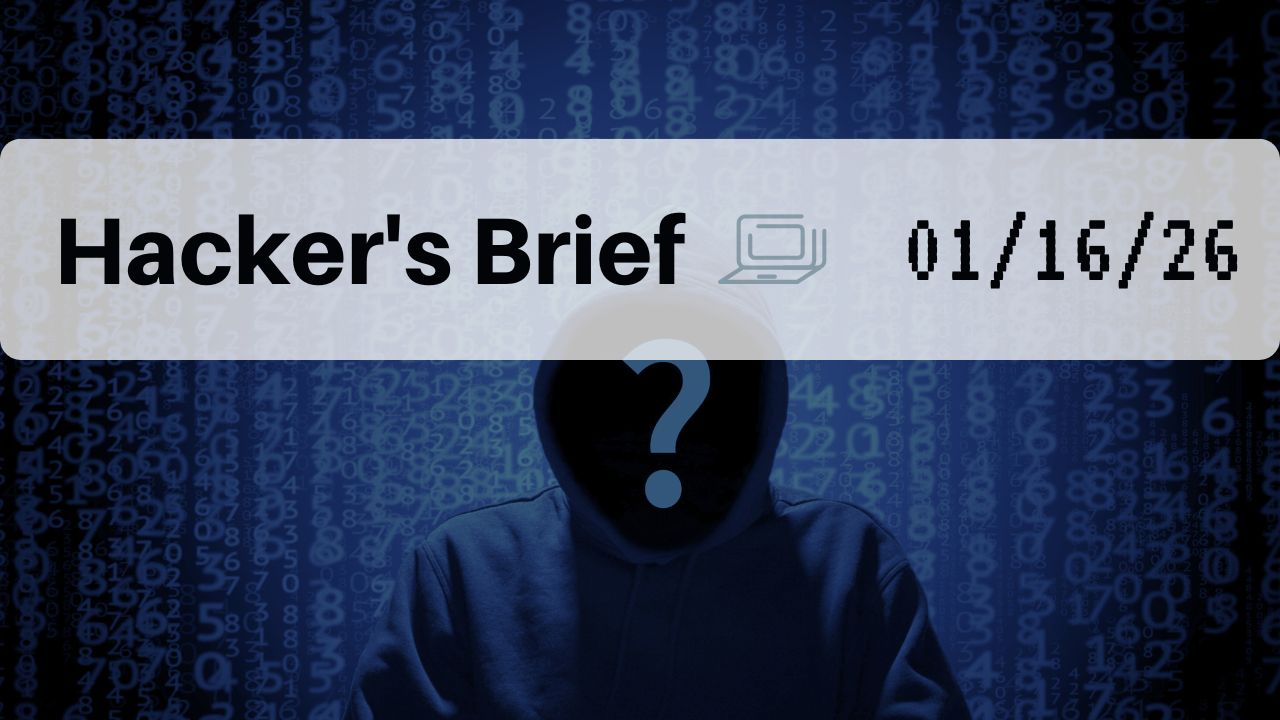
www.wyocan.org
www.cyberwyoming.org/alliance
307-314-2188, PO Box 2332, Laramie, WY 82073
Phishing With Surveys:
A Nevada citizen encountered an email regarding a free “$90 Promo Reward” from AARP for taking a “Free Marketing Survey”. Besides the suspicious content, there were numerous red flags in both the subject of the email and the email address itself. The subject was titled “CongraltuIations! WhoIesaIe Amazllng Gllfts”. This theme of replacing the i’s with ll’s was continued into the body of the message and email address labeled “Wholesale Online Slhopper”. CyberWyoming note: Online surveys sent via email can sometimes be used as a phishing tactic to get personal information that could be used for your passwords or password reset questions. Stay cautious by verifying the sender, not clicking on email links, and avoiding sharing sensitive information. If in doubt, look up the company outside of the email and contact them directly to confirm the survey's legitimacy.
Stubborn Scam Text Message:
A Colorado citizen received two UPS text messages and encountered difficulty deleting them using various methods. After researching the issue, they found no clear solution but noticed a reference to pinned messages on the iPhone. Even though the message wasn't pinned, as a last resort, they pinned it and then tried deleting it again, which surprisingly resolved the problem and allowed them to delete the message. Have you experienced anything like this? If so, let us know at phishing@cyberwyoming.org
Cybersecurity Awareness Month Emphasizes Phishing Scams:
Phishing, a prevalent cyber threat, remains a critical concern for individuals and organizations alike, especially during Cybersecurity Awareness Month. In phishing attacks, cybercriminals impersonate trusted entities, such as banks or well-known companies, to trick victims into revealing sensitive information or clicking on malicious links. These deceptive emails or messages can lead to data breaches, financial losses, and even identity theft. It's vital for everyone to stay vigilant, exercise caution, and educate themselves about the red flags of phishing attempts. CyberWyoming Note: Cybersecurity Awareness Month serves as a timely reminder to sharpen our defenses and protect against this ever-evolving threat. Don't fall for the bait – stay vigilant! You can test your knowledge by taking this phishing Cybercrime’s Support Network’s quiz at fightcybercrime.org/cybersecurity-awareness-month/#quiz. Also, any organization in Wyoming can order CyberWyoming’s no-think phishing training designed for busy, small offices at cyberwyoming.org/programs/change-company-culture/.
Social Media Shopping Scams:
According to the FTC, 44% of reported fraud incidents involve social media shopping scams. Starting with advertisements on platforms like Facebook or Instagram, these scams primarily revolve around fraudulent sales and undelivered goods, usually clothing and electronics. CyberWyoming Note: Be skeptical of ads promising unbelievable discounts, free items, or get-rich-quick schemes. Look at comments and reviews from other users to see if there are complaints. To help spot fraudulent online stores, watch this video by Cybercrime Support Network: youtube.com/watch?v=2ondQcXIh54 – Brought to you by The Record
PimEyes, Powerful Yet Controversial:
PimEyes is an extremely powerful facial recognition tool available online, gaining popularity on platforms like TikTok for its ability to identify strangers. It has raised concerns due to its misuse, particularly by stalkers and the unauthorized inclusion of images of children and deceased individuals in its database. The absence of federal regulations governing facial recognition in the U.S. is expected to increase the creation of similar services. One journalist even warns about the potential consequences of the widespread use of such technology, as it could lead to privacy infringements and online harassment. – Brought to you by Secure The Village
How to Report:
The Internet Crime Complaint Center (IC3), a division of the FBI, welcomes reports and complaints related to financial cybercrimes on the internet. These reports can be submitted by the victim themselves or a third party at https://www.ic3.gov/. When filing a complaint, IC3 typically asks for the following information:
- Victim’s name, address, telephone number and email
- Financial transaction information (such as account info, transaction date and amount, who received the money, if known)
- Subject’s name, address, telephone, email, website and IP address
- Specific details on the victimization
- Email header(s)
- Any other information relevant is necessary to support the complaint
-Brought to you by The National Cybersecurity Society
MS-ISAC and CISA Patch Now Alert:
The Multi-State Information Sharing and Analysis Center (MS-ISAC) or the Cybersecurity & Infrastructure Security Agency (CISA) has published a patch now (update your software) alert for Oracle, Microsoft, and ChromeOS. If you use these products, make sure the software (or firmware) is updated.
Data Breaches in the News:
Kwik Trip, QSI Banking, and Discord
Note: If you have an account with one of these companies, be sure to change your password and consider placing a credit freeze on your accounts through the three credit reporting agencies: TransUnion, Experian, and Equifax.
Please report scams you may experience to phishing@cyberwyoming.org to alert your friends and neighbors.
Other ways to report a scam:
- Better Business Bureau Scam Tracker: bbb.org/scamtracker/us/reportscam
- Wyoming Attorney General’s Office, Consumer Protection 307-777-6397, 800-438-5799 or ag.consumer@wyo.gov
- File a complaint with the Federal Trade Commission at reportfraud.ftc.gov
- Report your scam to the FBI at www.ic3.gov/complaint
- Reported unwanted calls to the Federal Trade Commission’s Do Not Call Registration. Online at donotcall.gov/report.html or call 1-888-382-1222, option 3
- Office of the Inspector General: oig.ssa.gov
- AARP Fraud Watch Network (any age welcome) Helpline 877-908-3360
- IRS: report email scams impersonating the IRS to phishing@irs.gov
- Call the Wyoming Senior Medicare Patrol (SMP) for assistance with potential Medicare fraud, abuse, or errors at 1 800 856-4398
- Victim Support: The AARP Fraud Watch Network and Volunteers of America (VOA) created a new, free program to provide emotional support for people impacted by a scam or fraud, called ReST. Visit www.aarp.org/fraudsupport to learn more about the free program and register




.jpg)



